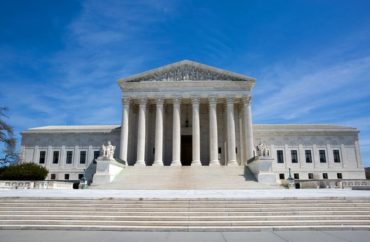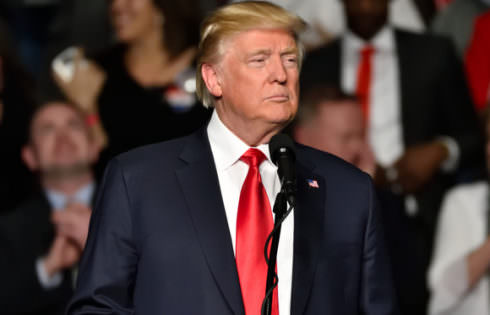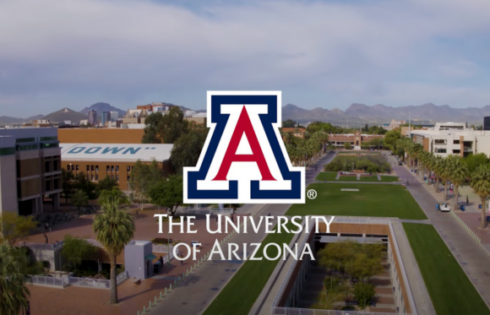
The folly of Powell’s Pretense
When U.S. District Judge Allison Burroughs blessed Harvard University’s admissions system last month, despite all the evidence that came out at trial about the stacked deck against Asian Americans, it struck many people as ridiculous on its face.
As my colleague Jenn Kabbany wrote, referring to admissions chances by race at Harvard: “Can you imagine the outrage if it were the inverse? If black Americans only had a 25 percent chance to get in and Asian Americans had a 95 percent chance?”
But Ramesh Ponnuru, the veteran National Review editor and Bloomberg Opinion columnist, says we’re looking at the wrong source for the ridiculousness.
Burroughs was not some rogue judge ignoring ample precedent, he argues: She was trying to apply the “absurdity” that the Supreme Court has been “refining” since the deeply muddled Bakke decision in 1978.
Much like Chief Justice John Roberts upheld Obamacare based on his unique view that the tax authority of Congress means it can punish people for not engaging in commerce, Justice Lewis Powell invented modern affirmative action with his unique rationale for racial discrimination in Bakke: diversity is a compelling state interest.
No one else on the court joined Powell’s full opinion, which maintained a mystical distinction between “quotas” and race as a “plus factor,” and yet it has dogged jurisprudence for more than 40 years.
The Supreme Court has chipped away at Bakke over the years while never really repudiating the contradiction at its core. As Ponnuru writes, it compels the “tortured reasoning” of Burroughs that race can be a “plus” for one group without being a “minus” for another group:
One problem: If being black or Hispanic or Native American is a plus for the admissions office, it has to be decisive in some cases. If it is never decisive, it isn’t really a plus.
Near the end of her opinion, the judge finally drops Powell’s Pretense and admits that race-conscious admissions inevitably “penalize” some groups. But Burroughs picks up the pretense again, in classic Powell fashion: “all the benefits that flow from a diverse college population” justify the unequal treatment of some races over others.
MORE: Harvard ruling shows liberals are OK with anti-Asian discrimination
The last time affirmative action in college admissions was seriously threatened, in the so-called Fisher II case against the University of Texas, the progressive magazine The Nation mocked the rationale that Powell had devised and no subsequent Supreme Court had seriously challenged.
Powell’s Pretense insists that affirmative action is for “the enrichment of white students,” rather than its “obvious rationale” of reparation, Tel Aviv University sociologist Sigal Alon wrote:
In essence, affirmative action is a type of redistribution policy. In the case of black people in America, it can be viewed as a tool to rectify the egregious wrongs that were perpetuated in the past, including generations of slavery, discrimination, degradation, and limited opportunity. Its role was to facilitate the social and economic mobility of people of color and women and to level the playing field between blacks and whites. …
Today the University of Texas, Austin, when defending the consideration of race and ethnicity in admission decisions, cannot say that this practice is needed because of persistent racial inequality; because minority students do not have the same life chances as white students; because there is extensive racial discrimination in the labor and housing markets; because students who study in poor high schools have less chances for learning and lower achievements; or because growing up in poverty impedes your cognitive development. The only argument at the disposal of UT Austin in defense of its admission practices is that it needs a diverse student body to enrich the educational experience of privileged white students.
The problem for the Supreme Court if it were to adopt the reparation rationale, as Ponnuru notes, is that it would have to junk the basis for its affirmative action jurisprudence, the source of every “holistic” admissions system in America.
Not only would it send colleges scrambling to devise new systems, but they also couldn’t justify “admitting nonwhites from abroad, or with recent roots in the U.S.,” in the name of fixing past discrimination. It could actually harm their bottom lines: foreigners typically pay full tuition.
Whatever today’s Supreme Court decides about Harvard’s admissions practices – assuming it accepts an appeal from the 1st Circuit – it should junk the fiction that Powell devised.
MORE: Records show Harvard discriminated against Asian Americans for decades
IMAGE: Steven Frame/Shutterstock






Please join the conversation about our stories on Facebook, Twitter, Instagram, Reddit, MeWe, Rumble, Gab, Minds and Gettr.